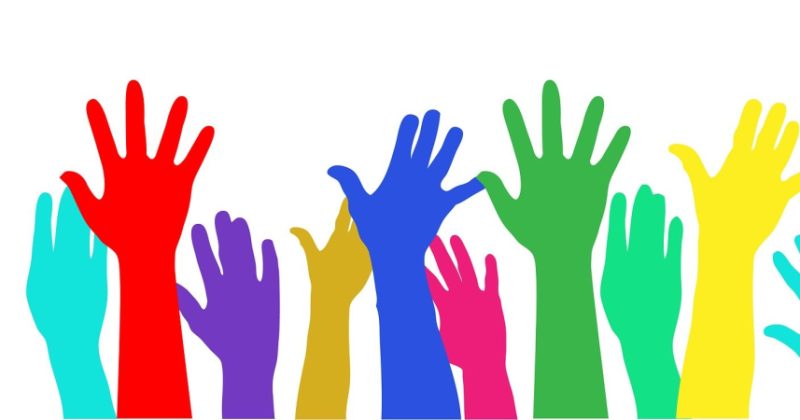Susan O'Rourke | August 24, 2022

Across the globe, educators are taking action to increase students’ agency at school. So, what does developing agency in students look like? Researchers have studied how classroom environments, assignments, and daily activities can empower students to see develop stronger critical thinking skills, independence, and confidence in their ability to positively impact their communities—locally and globally.
The Organization for Economic Cooperation and Development, in fact, has made Student Agency one of its goals for 2030. The OECD explains that:
“Student agency is thus defined as the capacity to set a goal, reflect and act responsibly to effect change. It is about acting rather than being acted upon; shaping rather than being shaped; and making responsible decisions and choices rather than accepting those determined by others. When students are agents in their learning, that is, when they play an active role in deciding what and how they will learn, they tend to show greater motivation to learn and are more likely to define objectives for their learning. These students are also more likely to have “learned how to learn” – an invaluable skill that they can and will use throughout their lives.”
Agency can be exercised in nearly every context: moral, social, economic, creative. For example, students need to use moral agency to help them make decisions that [recognize] the rights and needs of others.”
The OECD emphasizes that it is important for educators and leaders to recognize that “[agency] is perceived and interpreted differently around the world. Some languages have no direct translation for the term ‘student agency’ as it is used in the OECD Learning Compass 2030; interpretations will vary across different societies and contexts. Nonetheless, the notion of students playing an active role in their education is central to the Learning Compass and is being [emphasized] in a growing number of countries.”
In developing student agency, we must also take into consideration the structural and systemic factors that provide greater opportunities or significant challenges to student success, researcher and educational sociology Anindya Kundu emphasizes. The OECD explains that, “[in] education systems that encourage student agency, learning involves not only instruction and evaluation but also co-construction. Co-agency is when teachers and students become co-creators in the teaching-and learning process. The concept of co-agency [recognizes] that students, teachers, parents and communities work together to help students progress towards their shared goals”
UNC World View is committed to helping educators develop greater agency in their students. The 2022 UNC World View K-12 Fall Symposium, “Re-Imagining Teaching and Learning for a Better World” (held on October 13th at the Friday Conference Center in Chapel Hill, NC) will provide strategies for empowering students to become changemakers. Register for the symposium today!
Check out these additional resources:
- Four Ways to Build Student Agency from Charles Leadbeater from NCEE’s Global Ed Talks
- “Building student agency in ELA, math and science, with Ted Coe, Fenesha Hubbard and Miah Daughtery” from the NWEA Podcast “The Continuing Educator”
- “Cultivating student agency and responsibility through peer-to-peer teaching” article from International Journal for Students as Partners
- “Conceptual Learning Framework: Student Agency for 2030” (OECD)
- “Future of education and skills 2030: Conceptual learning framework” (OECD)
- “Learning with Purpose: Orienting Student Agency Towards Community Solidarity in a Secondary Science Curriculum” (International Society of the Learning Sciences)
- “Student Agency in a High School Computer Science Course” from the Journal for STEM Education Research
- Harvard EdCast: “Tapping into Student Agency”
- “Three tips to address a student agency gap” from Newsela
- “Digital Student Agency: Approaching Agency in Digital Contexts from a Critical Perspective” from Frontline Learning Research
Global Perspectives on Student Agency
- Design for Change National Reports
- “Design for Change: Impact of an In-school Experiential Learning Program” (India)
- “Design for Change: Assessment” (Colombia)
- “Design for Change: Research Study” (France—in French)
- “International Student Agency in the Face of a Global Health Crisis” (Journal of International Students)
